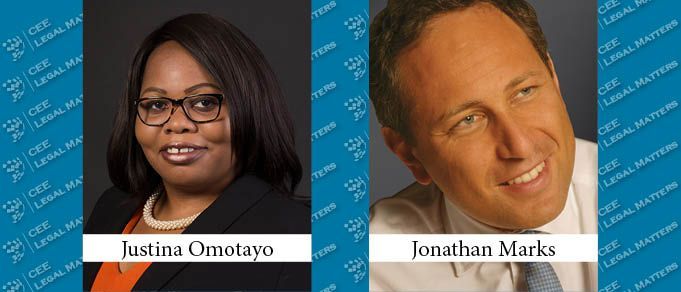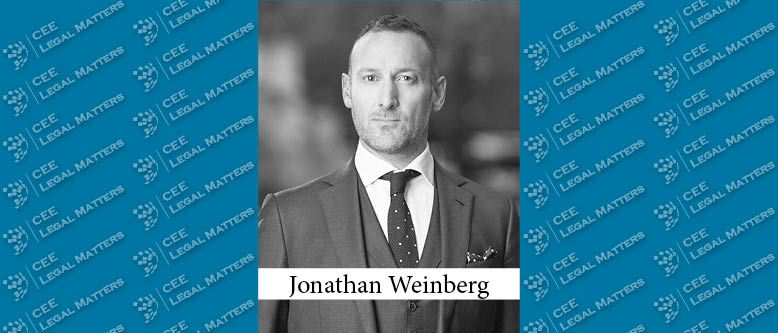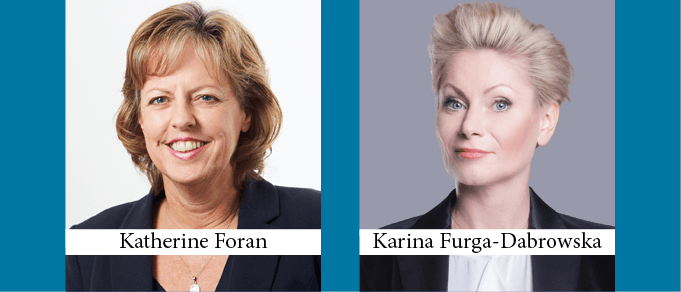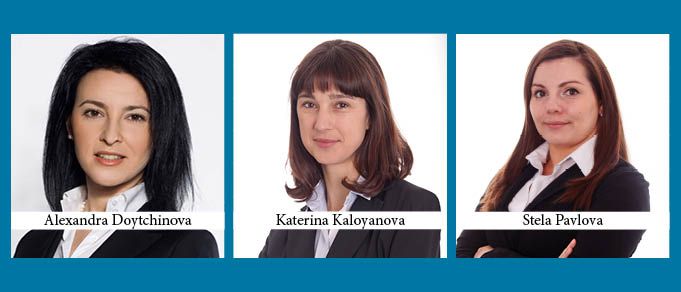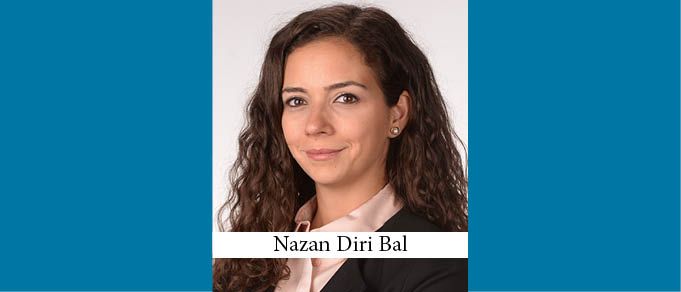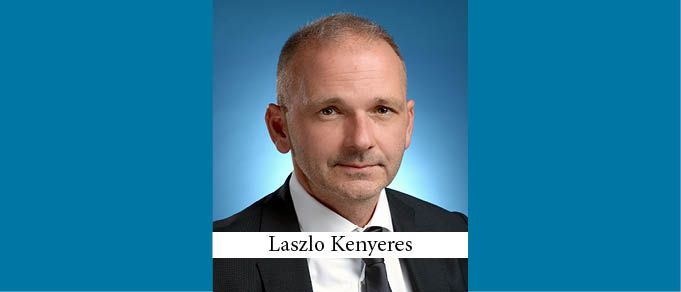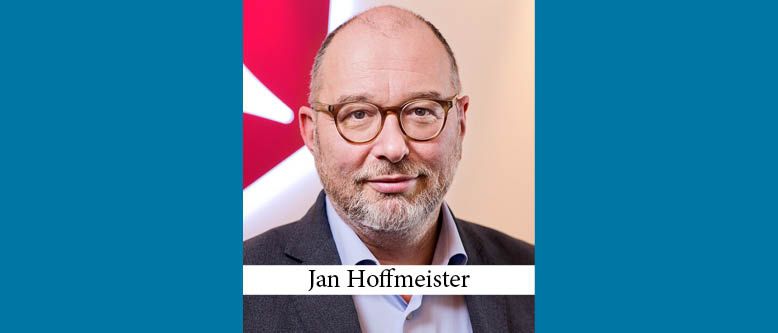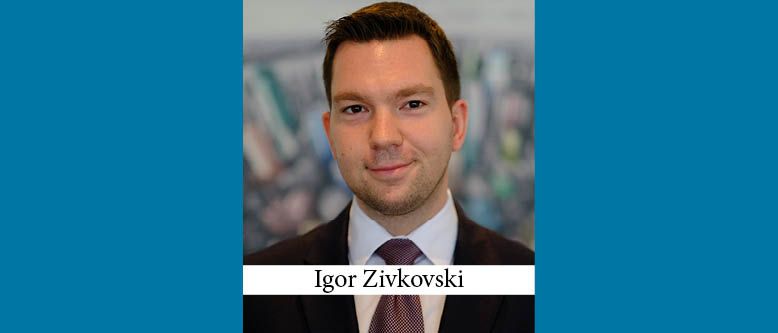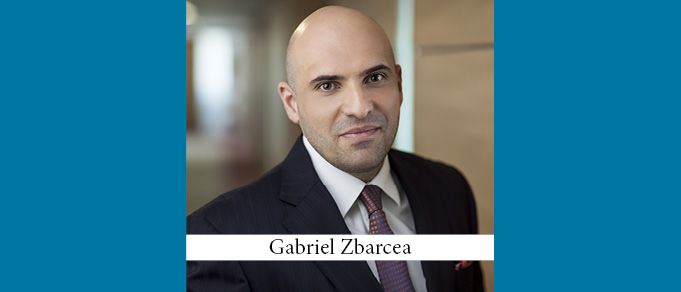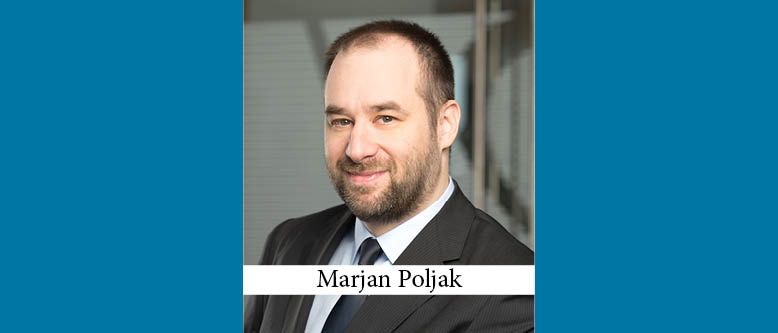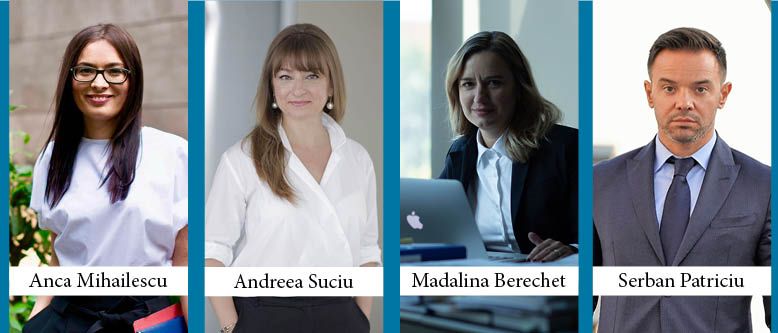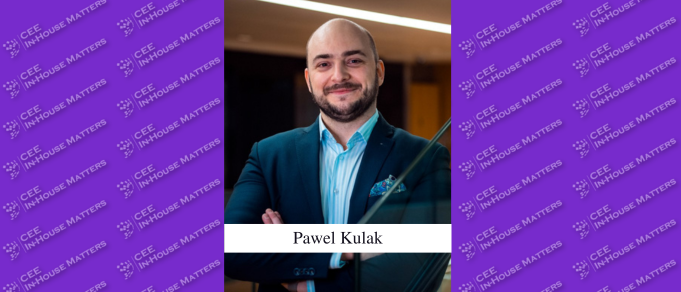In The Corner Office we ask Managing Partners across CEE about their unique roles and responsibilities. The question this time around: How do you do performance reviews, and how important are they to the planning and management of the firm?”
Conference Countdown: An Interview with Slaughter and May About the 2020 Dealer’s Choice Law Firm Summit in London
Planning has already begun for next spring’s Dealer’s Choice Law Firm Summit – the premier conference for CEE-focused private practitioners – which, for the first time ever, will take place in London, along with the CEE Deal of the Year Awards Banquet.
Guest Editorial: Don’t Mention Brexit
Having been a foreign lawyer abroad for a significant part of my career so far – this last decade in CEE – I can say that the past couple of years have been the most interesting, and I mean that in the Confucian sense. Not because of local market developments or interesting deals – though there have been plenty of both – but because of the events of 2016 and a certain painful embarrassment and anguish I feel when a well-meaning acquaintance, colleague, or client, in genuine bewilderment, looks me in the eye and asks me, in my capacity as a British citizen and English lawyer, “what on earth is going on?”
Addressing Stressing: A Mindfulness Program at Dentons
Dentons’ creates a pilot mindfulness program to address law firm stress.
A Moderate Success: Cautious Growth in the Land of Roses
Bulgaria, it seems, is in good shape. Fueled by a buoyant tech sector, the country’s economy is registering impressive growth, incomes are rising, and unemployment is down. Still, with corruption still a problem and the prospect of a global slowdown around the corner, few are willing to bet on the good times sticking around long. As always, in the Land of Roses, the thorns are not far away.
Bye to Britain: Schoenherr Sofia Draws Bulgarian Lawyers Home
Unimpressed by Picadilly Circus and Trafalgar Square, Stela Pavlova and Katerina Kaloyanova have, in recent years, left positions with high-powered international law firms in London to return to their native Bulgaria and join Schoenherr’s office in Sofia. Both insist the trade-offs were less dramatic than many assume … and both credit Schoenherr Bulgaria’s Managing Partner Alexandra Doytchinova with making them feel right at home.
Inside Out: Energo-Pro Bond Issuance
The Deal: In May, 2018, CEE Legal Matters reported that Linklaters, Kocian Solc Balastik, the BLC Law Office, Paksoy, and Tsvetkova Bebov Komarevski had provided advice on Czech, English, Georgian, Turkish, and Bulgarian law, respectively, to Energo-Pro a.s. on its EUR 250 million Eurobond issue in London. Allen & Overy, BGI Legal in Tbilisi, Boyanov & Co. in Bulgaria, and Turkey’s Gedik & Eraksoy advised the joint bookrunners, BNP Paribas, Citigroup Global Markets Limited and J.P. Morgan Securities plc, and the Trustee, Citibank, N.A., London Branch.
Like Father, Like Daughter: Passing the Torch at Diri Law
The Diri Law Firm was founded in Izmir in 1990 by Hayri Diri as an independent and full-service law firm. Thirty years later, the firm continues to serve both international and Turkish clients across a variety of different industries and sectors. But the firm is now led by Hayri Diri’s daughter, Nazan Diri Bal, who has rebranded and expanded it. With Nazan Diri Bal in charge, it is full speed ahead at Diri Legal.
The Corner Office: Commonly-Lacking Skills
In The Corner Office we ask Senior and Managing Partners across Central and Eastern Europe about their unique roles and responsibilities. The question this time around: “What is the one skill, ability, or characteristic that fresh law school graduates in your country most commonly lack?”
Looking Back on Five Years of Dramatic Change In Serbia
In the last five years significant changes have occurred in the Serbian business and political environment. This has been a time of dramatic change – with the general goal of transforming the position and the image of Serbia both regionally and globally, strongly affirming a pro-EU stance and making Serbia much more attractive for foreign investment. Obviously, both of these goals are interconnected because improving the image of a country brings more investments, and foreign investors generating profits in Serbia improves Serbia’s global image.
Power Generation Trends in Hungary: Solar Sail
In recent years, a principal aim of Hungary’s energy strategy has been to make the country self-sufficient in electric energy. In figures, this means reducing the import to 0% within ten years – as the country’s current dependency on import of approximately 30% is significantly above the EU average. The increasing price of gas and the decreasing price of electricity led to a decrease in the domestic production of natural gas, so the Hungarian energy policy had to turn to alternatives.
Artificial Intelligence in Real Estate
The significance of recent developments in Law Firm Tech in the past five years are widely documented. As the provider of one widely-used and highly-praised transaction tool, we thought we would take the opportunity to share the results of a survey we conducted about the use of artificial intelligence (AI) in Real Estate transactions. We undertook research with real estate professionals across Europe to find out their views on the current use of AI, their predictions for its use in the future, and what may be preventing its adoption.
The Serbian Legal Market: The Past Five Years
The Serbian legal market has changed rapidly over the past five years. After less than 30 years of existence in this form, our legal market is still relatively young and its pioneers emerged in the early 1990s. Nevertheless, it is also a dynamic market and brings change every year, especially due to the European Union accession negotiations and additional harmonization of the country’s legislation with EU legislation. On the other hand, frequent changes in law have become a general rule, providing more work for law firms, but also bringing a high level of uncertainty for their clients.
Romania: The Human Capital Flight Phenomenon
The brain drain of highly trained and otherwise qualified professionals is increasingly felt in all industry sectors of Romania. We have lost people from all professional backgrounds and levels, low- and high-skilled alike. Statistics are disconcerting: in 2017, nine Romanians left the country every hour and we were second in the world after war-stricken Syria in emigration rankings. In the space of only ten years, about 17% of Romania’s population left the country. How many of them will ever come back? Romania needs a strong country project, sustained, ongoing efforts meant to encourage return migration, and policies to dissuade those who consider leaving the country. In 2018, the centenary year of Romania’s Great Union, I wish for a stronger, more united Romania, looking for ways to entice the next generations away from emigrating and into returning to their home country.
A Transformation in the Balkan Legal Industry
A transformation of the legal profession is happening globally, and its effects are also felt, slowly but surely, in the law firms of Southeast Europe. Due to the changing expectations concerning the quality, speed, and commerciality of services, we are seeing a move towards even more client-oriented solutions. Traditional sectors are being replaced with emerging industries, and where we previously had slow processes, with low profit margins, we see value being generated at lightning speeds. Also, a new generation that entered the workforce recently is slowly imposing their own values and approaches, necessitating changes in structure and the values of traditional legal practices.
Marketing Law Firm Marketing: Are You Being Treated Fairly?
The September issue of the CEE Legal Matters magazine contained an interview with a Law Firm Marketing expert who was leaving the profession, and who explained that “I became very frustrated. Working with the lawyers was difficult, while trying to maintain my dignity.” She also said that “I’m afraid I discovered that many of them are simply not very nice persons. And I’m afraid that non-fee earners are not persons that are much loved at law firms.” She said, “with more support I would have been happier, obviously,” and that “I didn’t feel I was receiving any real respect for the amount of work I was putting in.”
In Its DNA: Deloitte Legal’s Growth and Plans in CEE
Deloitte Legal has been registering impressive growth in the CEE region. CEE Legal Matters sat down with Andrei Burz-Pinzaru, Head of Deloitte Legal in Central Europe, to learn more about what fueled the development of Deloitte’s legal services function and what the firm’s plans are for the future.
From Baby Steps to A Full Sprint: Romanian Start-Ups Review the Process
Law firm spin-offs are a familiar phenomenon in CEE. To find out what challenges lawyers have to deal with when they leave established firms to start new ones in the current climate, CEE Legal Matters sat down with several partners who have done just that to get their perspectives on the process.


